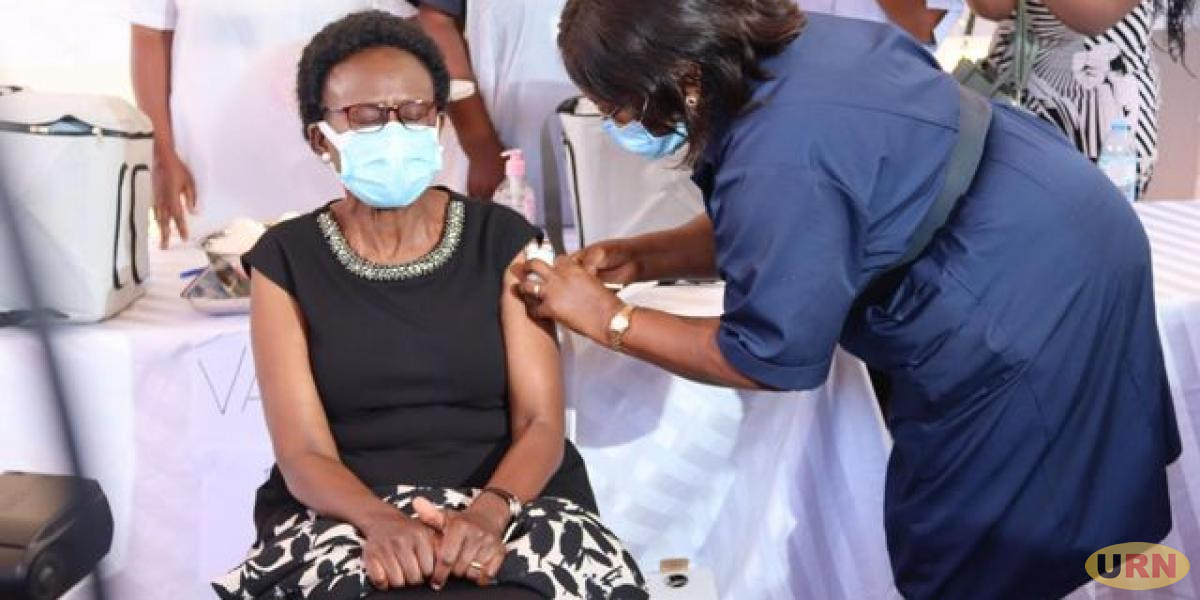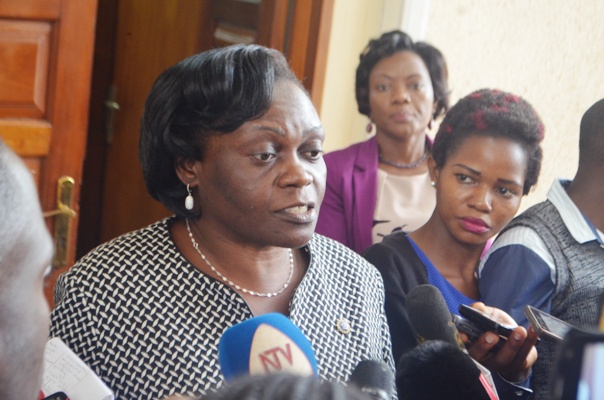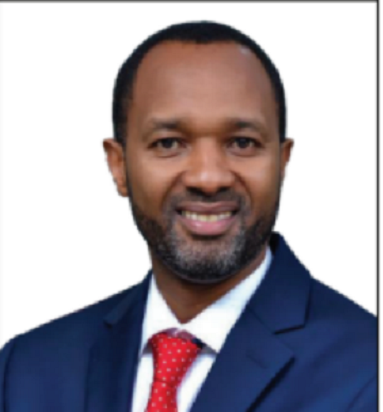Health Minister, Jane Ruth Aceng getting her COVID-19 jab
84 percent of health workers have not been vaccinated against COVID-19, according to records from the ministry of health.
As of last week, only 24,093 health workers had gotten the vaccine. This according to health ministry officials is worrying and likely to increase vaccine hesitancy in the country.
Initially, 150,000 health workers were supposed to be immunised in the first phase of immunization. The health ministry had planned to carry out this immunization for four days from March 10, 2021, before the vaccination of other groups starts.
However, nearly seven weeks later, less than the targeted number of health workers have gotten the jab.
Dr Alfred Driwale, the programme manager of the Uganda National Expanded Programme on Immunization says the uptake of the vaccine has been low among all groups.
“The numbers show us that we need to go back to the ground and sensitise people about the vaccine, not just health workers but all the prioritised groups,” Dr Driwale said.
Dr Joyce Moriku Kaducu, the minister of health in charge of primary health care says vaccine hesitancy among health workers is going to leave communities scared of the vaccines.
“Health workers are trusted people in communities,” she said. “People follow them. How can you expect communities to warm up to the vaccine when health workers who need it most are not getting it? The low number of health workers vaccinated is a shame and needs to be addressed.”
Vaccine hesitancy is not limited to health workers but also other priority groups. According to data from the health ministry, the lowest number of vaccinated persons was among security where only one percent of the target group got vaccines. Teachers, the elderly and even persons living with co-morbidities all have less than five percent of the targeted audience vaccinated.
Dr Jane Ruth Aceng, the minister of health attributed the low numbers of people getting the COVID-19 jab to a lack of sensitisation.
“For long adults have taken their children for routine immunization,” Dr Aceng said. “And we have registered high numbers here. But we have never vaccinated adults. So many of them need a mind shift to know that adults also can get vaccinated.”
With the second COVID-19 wave here, scientists believe the number of health workers infected might increase. Dr Misaki Wayengera, the chairperson of the ministerial COVID-19 committee says the number of infected health workers is likely to double or triple due to a change in the way the disease presents it.
“With what we are seeing, health workers will have to have a high level of suspicion with the resurgence of the disease because patients will likely not present with some of the symptoms they dealt with in the first wave,” Dr Wayengera said. “This means they will be more exposed to the disease and as a result, we are likely to see more numbers of health workers infected. Now if this happens when they are not vaccinated, it means we shall record deaths among this group.”
As of April 24, only 276,306 people had received the COVID-19 jab. With over 600,000 remaining vaccines that expire in the first week of July, some doctors say the government needs to make Ugandans gain confidence in the vaccine.
Dr Frank Assimwe, a doctor at Mulago National Referral Hospital says the government needs to take charge of the situation and provide Ugandans with information.
“The way government is handling this issue is not good. They need to come out and talk openly about the vaccine, people who have been vaccinated and those who have not,” he said, adding:
“They need to take charge and they can do this by checking up on vaccinated people to ensure they are fine. When they keep quiet and pretend all is well, this is what you get.”
-URN





